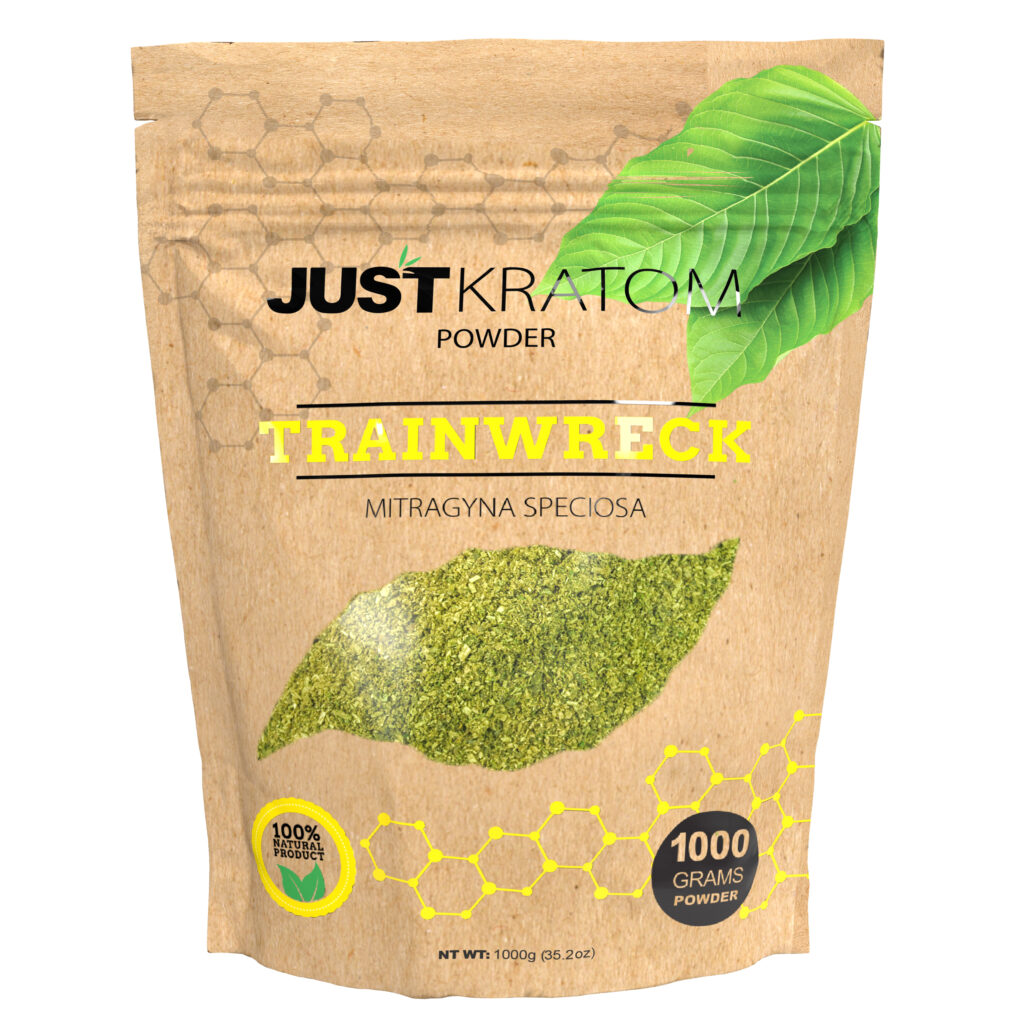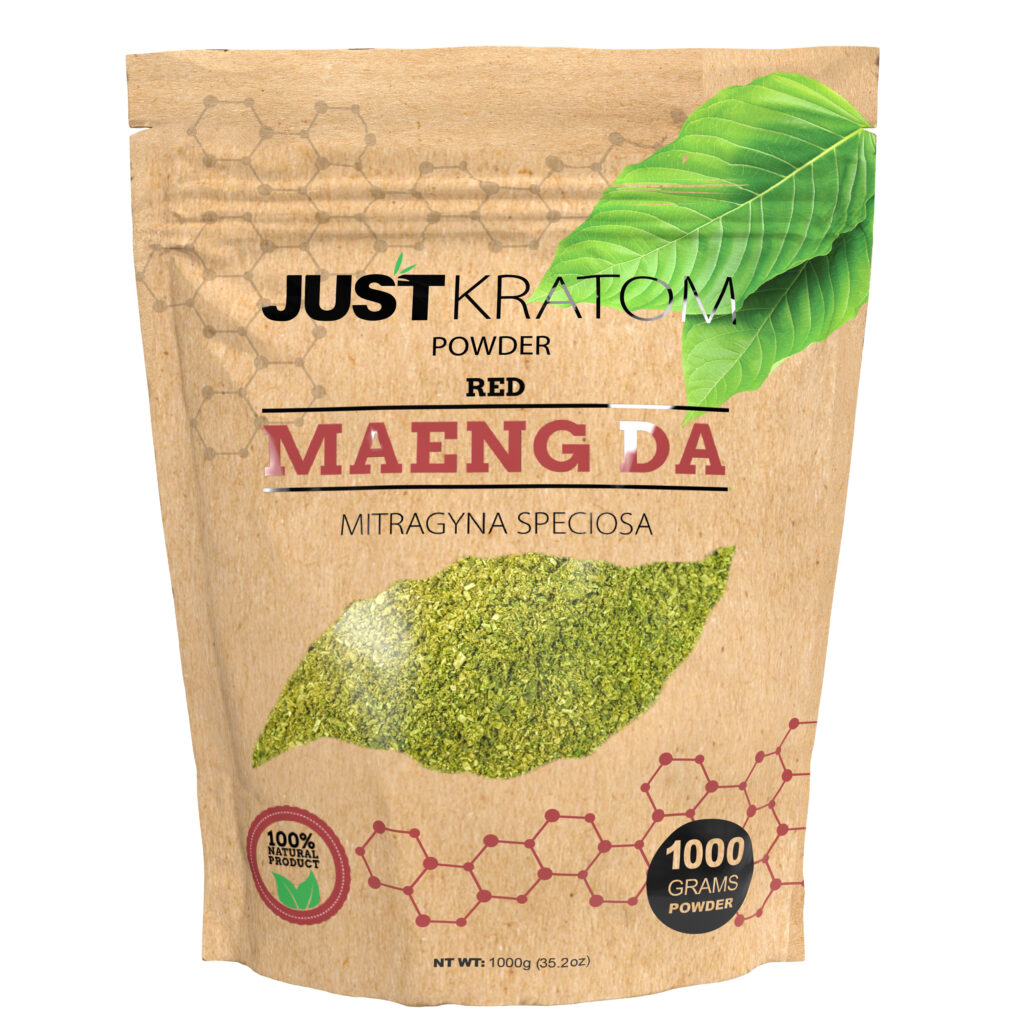Potential Benefits of Kratom for Mental Health
Kratom, a tropical tree native to Southeast Asia, has gained attention for its potential therapeutic benefits, particularly in the realm of mental health.
Mood Elevation and Anxiety Relief
Some users report that kratom can alleviate symptoms of anxiety and depression, leading to improved mood and overall well-being. Kratom contains compounds believed to interact with opioid receptors in the brain, potentially modulating neurotransmitter activity related to mood regulation.
However, it is crucial to note that research on kratom’s effects on mental health is limited and often inconclusive. More rigorous scientific studies are needed to fully understand its potential benefits and risks.
Individuals considering using kratom for mental health purposes should consult with a healthcare professional to weigh the potential benefits against possible side effects and interactions with other medications.
Depression Management
Kratom’s proponents suggest it may help manage symptoms of depression. Users often report feelings of calmness and improved mood after consuming kratom, potentially due to its interaction with opioid receptors in the brain.
These interactions could influence neurotransmitter activity linked to mood regulation, although further research is needed to confirm these mechanisms.
It’s important to remember that kratom’s effects on mental health are not fully understood and individual experiences can vary widely.
Cognitive Enhancement
Some users report that kratom can alleviate symptoms of anxiety and depression, leading to improved mood and overall well-being. Kratom contains compounds believed to interact with opioid receptors in the brain, potentially modulating neurotransmitter activity related to mood regulation.
Kratom’s proponents suggest it may help manage symptoms of depression. Users often report feelings of calmness and improved mood after consuming kratom, potentially due to its interaction with opioid receptors in the brain. These interactions could influence neurotransmitter activity linked to mood regulation, although further research is needed to confirm these mechanisms.
Potential Risks and Side Effects of Kratom

While some users report positive effects on mental health, it’s crucial to be aware of the potential risks and side effects associated with kratom use.
Addiction and Tolerance
Like any substance that interacts with the brain, kratom carries potential risks and side effects. These can vary depending on dosage, frequency of use, individual sensitivity, and other factors. Some common side effects include nausea, constipation, dizziness, itching, and dry mouth.
One significant concern is the potential for addiction and tolerance development. Kratom’s opioid-like properties mean that repeated use can lead to dependence, where individuals experience withdrawal symptoms when they stop using it. Tolerance also develops, requiring higher doses to achieve the same effects. This cycle can be difficult to break and contribute to long-term health problems.
Furthermore, kratom has been linked to serious adverse events, including seizures, liver damage, and even death. Its interactions with other medications are not fully understood and could lead to dangerous complications.
Withdrawal Symptoms
While some users report positive effects on mental health, it’s crucial to be aware of the potential risks and side effects associated with kratom use.
Like any substance that interacts with the brain, kratom carries potential risks and side effects. These can vary depending on dosage, frequency of use, individual sensitivity, and other factors. Some common side effects include nausea, constipation, dizziness, itching, and dry mouth.
One significant concern is the potential for addiction and tolerance development. Kratom’s opioid-like properties mean that repeated use can lead to dependence, where individuals experience withdrawal symptoms when they stop using it. Tolerance also develops, requiring higher doses to achieve the same effects. This cycle can be difficult to break and contribute to long-term health problems.
Furthermore, kratom has been linked to serious adverse events, including seizures, liver damage, and even death. Its interactions with other medications are not fully understood and could lead to dangerous complications.
Withdrawal from kratom can be uncomfortable and involve symptoms such as anxiety, insomnia, muscle aches, diarrhea, and intense cravings. It is important to note that individuals experiencing withdrawal should seek medical guidance to manage these symptoms safely.
Interactions with Medications
Like any substance that interacts with the brain, kratom carries potential risks and side effects. These can vary depending on dosage, frequency of use, individual sensitivity, and other factors. Some common side effects include nausea, constipation, dizziness, itching, and dry mouth.
- One significant concern is the potential for addiction and tolerance development. Kratom’s opioid-like properties mean that repeated use can lead to dependence, where individuals experience withdrawal symptoms when they stop using it. Tolerance also develops, requiring higher doses to achieve the same effects. This cycle can be difficult to break and contribute to long-term health problems.
- Furthermore, kratom has been linked to serious adverse events, including seizures, liver damage, and even death. Its interactions with other medications are not fully understood and could lead to dangerous complications.

Withdrawal from kratom can be uncomfortable and involve symptoms such as anxiety, insomnia, muscle aches, diarrhea, and intense cravings. It is important to note that individuals experiencing withdrawal should seek medical guidance to manage these symptoms safely.
Legal Status and Regulations
The legal status of kratom varies significantly around the world. In some countries, it is completely banned, while in others it is legal but subject to regulations. The United States has a complex patchwork of state laws regarding kratom, with some states banning it outright and others allowing its sale and possession.

Varying Legality Around the World
The legal status of kratom varies significantly around the world. In some countries, it is completely banned, while in others it is legal but subject to regulations. The United States has a complex patchwork of state laws regarding kratom, with some states banning it outright and others allowing its sale and possession.
This lack of uniformity creates challenges for individuals seeking information about kratom’s legality and can make it difficult for authorities to enforce regulations effectively.
Regulations and Oversight
The legal status of kratom varies significantly around the world. In some countries, it is completely banned, while in others it is legal but subject to regulations. The United States has a complex patchwork of state laws regarding kratom, with some states banning it outright and others allowing its sale and possession.
This lack of uniformity creates challenges for individuals seeking information about kratom’s legality and can make it difficult for authorities to enforce regulations effectively.
- The Drug Enforcement Administration (DEA) in the United States has attempted to classify kratom as a Schedule I drug, which would ban its sale and possession.
- However, legal challenges have prevented this classification from taking effect so far.
In the absence of federal regulations, individual states have taken their own approaches to kratom. Some states have banned kratom entirely, while others allow its sale with restrictions, such as age limits or prohibitions on online sales.
This patchwork of state laws creates a confusing legal landscape for consumers and businesses alike.
Important Considerations for Use
Kratom is a tropical plant native to Southeast Asia that has gained popularity in recent years due to its purported potential benefits for mental health. Some users report experiencing reduced symptoms of anxiety and depression after consuming kratom, but it’s crucial to understand the potential risks and uncertainties associated with this substance.
Dosage and Frequency
Kratom’s effects on mental health are not fully understood, and individual experiences can vary widely. It is essential to approach kratom use with caution and consult a healthcare professional before using it for any purpose.
- Dosage:
- Begin with low doses to assess tolerance and potential effects.
- Gradually increase the dosage as needed, but avoid exceeding recommended limits.
- Frequency:
- Limit kratom consumption to a few times per week.
- Avoid daily use to minimize the risk of dependence and tolerance development.
It is crucial to monitor your body’s response to kratom and discontinue use if you experience any adverse effects.
Source and Quality Control
When considering kratom for mental health purposes, several important factors should be taken into account.
Understanding the source of kratom is paramount. Opt for reputable suppliers who offer transparent information about their sourcing practices and quality control measures. Reliable sources often provide third-party laboratory testing results to verify the purity and potency of their products.
Quality control is crucial to ensure the safety and efficacy of kratom products. Look for kratom that has been tested for contaminants such as heavy metals, pesticides, or microbial contamination. Reputable suppliers will make these test results readily available.
The quality of kratom can vary significantly depending on factors such as growing conditions, harvesting practices, and processing methods.
It’s important to be aware that adulteration with other substances is a concern in the kratom market. Some products may contain fillers or additives that are not listed on the label.
Choosing high-quality kratom from trusted sources can help mitigate these risks and increase the likelihood of a positive experience.
Transparency from suppliers, along with third-party testing results, are indicators of a commitment to quality.
Consultation with Healthcare Professionals
Before using kratom for any reason, it is crucial to consult with a healthcare professional. They can assess your individual health history, current medications, and potential risks associated with kratom use.
A healthcare provider can help you weigh the potential benefits against the potential risks and provide guidance on safe and responsible use, if appropriate.
Individuals with pre-existing mental health conditions should be particularly cautious about using kratom as it may interact with their current medications or worsen their symptoms.
Open communication with a healthcare provider is essential for ensuring safe and informed decision-making regarding kratom use.
Get premium Kratom Powder for wellness
- Xela Rederm Skin Booster Treatments Near Staines, Surrey - February 4, 2026
- Xela Rederm Skin Booster Treatments Near Effingham, Surrey - February 1, 2026
- Why Vista Edge Vape Is The Best Choice For On-the-Go Vaping - January 31, 2026
